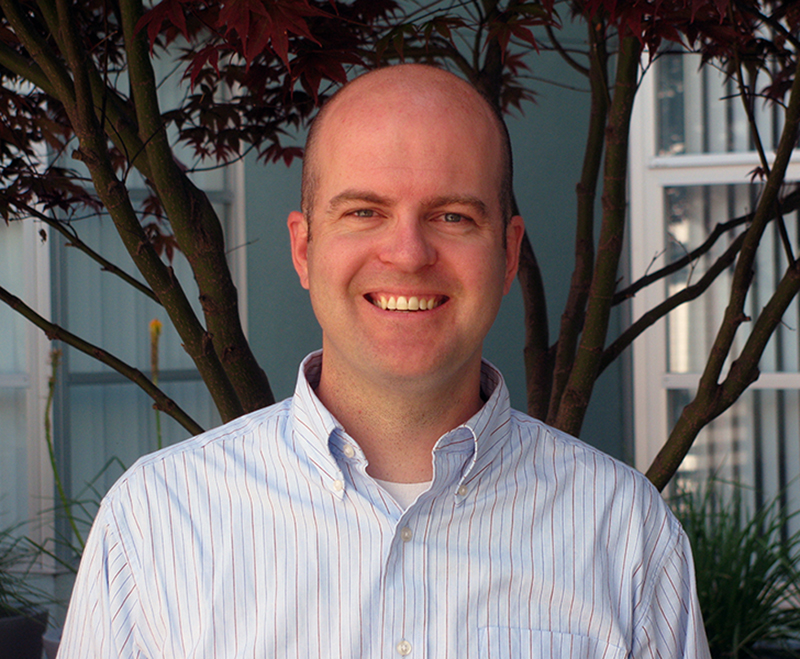UA chemist awarded grant to research how fats and oils in our diet affect brain function
Dr. Adam W. Smith, associate professor in the Department of Chemistry, and his colleagues from Germany and Texas have been awarded a prestigious three-year grant from the Human Frontier Science Program (HFSP) worth $1.2 million to research the regulation of membrane receptor function in the brain by lipid composition and dietary inputs.
“The goal of this project is to discover how specific fats and oils in our diet affect brain function,” states Smith. “The unique approach we will take is to test how polyunsaturated fats get into brain tissue and what effect they have on the molecules that cause disorders like Alzheimer's and Parkinson's disease.”
Focus on high-reward projects
HFSP research grants are given for a broad range of international projects under the umbrella theme of “complex mechanisms of living organisms” and fund only cutting-edge and high-risk, high-reward projects.
This joint project between Smith and Professors Ilpo Vattulainen at the University of Helsinki in Finland, Mikael Simons at The German Center for Neurodegenerative Diseases (Münich), Germany, and Ilya Levental at The University of Texas Health Science Center at Houston, incorporates research from biophysics and biochemistry, lipidomics and neuroscience, and scientific computing. The four labs will split the $1.2 million evenly; Smith’s lab at UA will receive $300,000 for the three-year project.
“In my lab we use a pulsed laser instrument to measure molecular behavior in cells,” explains Smith. “Our experiments help connect the computer models to the mouse studies that will be done in other labs.”
The results will help people understand what fats in their diet may be affecting their long-term health, Smith says. “It could also lead to new interventions to help prevent some obesity-related disorders.”
About the Human Frontier Science Program
The Human Frontier Science Program is an international program of research support implemented by the International Human Frontier Science Program Organization (HFSPO) based in Strasbourg, France. Its aims are to promote intercontinental collaboration and training in cutting-edge, interdisciplinary research focused on the life sciences, and it is the only international program that funds teams of scientists globally “without borders.” HFSPO receives financial support from the governments or research councils of Australia, Canada, France, Germany, India, Italy, Japan, Republic of Korea, New Zealand, Norway, Singapore, Switzerland, UK and USA, as well as from the European Union.
At the end of March 2019, HFSPO granted some $35 million to support the top 4% of the HFSP Research Grant applications over the coming three years. The 34 winning teams of the 2019 competition for the research grants went through a rigorous year-long selection process in a global competition that started with 814 submitted letters of intent involving scientists with their laboratories in more than 60 different countries.
For more about the 2019 HFSP grant recipients, and to see a list of the recipients, visit the Human Frontier Science Program and 2019 HFSP Research Grants online.
Media contact: Cristine Boyd, 330-972-6476 or cboyd @uakron.edu.

Dr. Adam Smith
